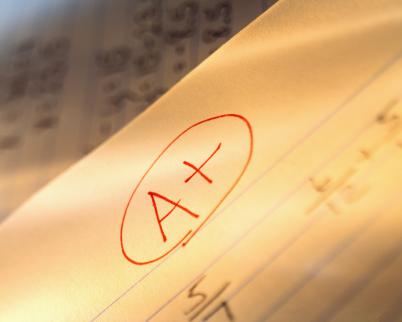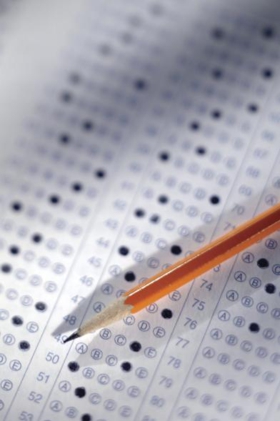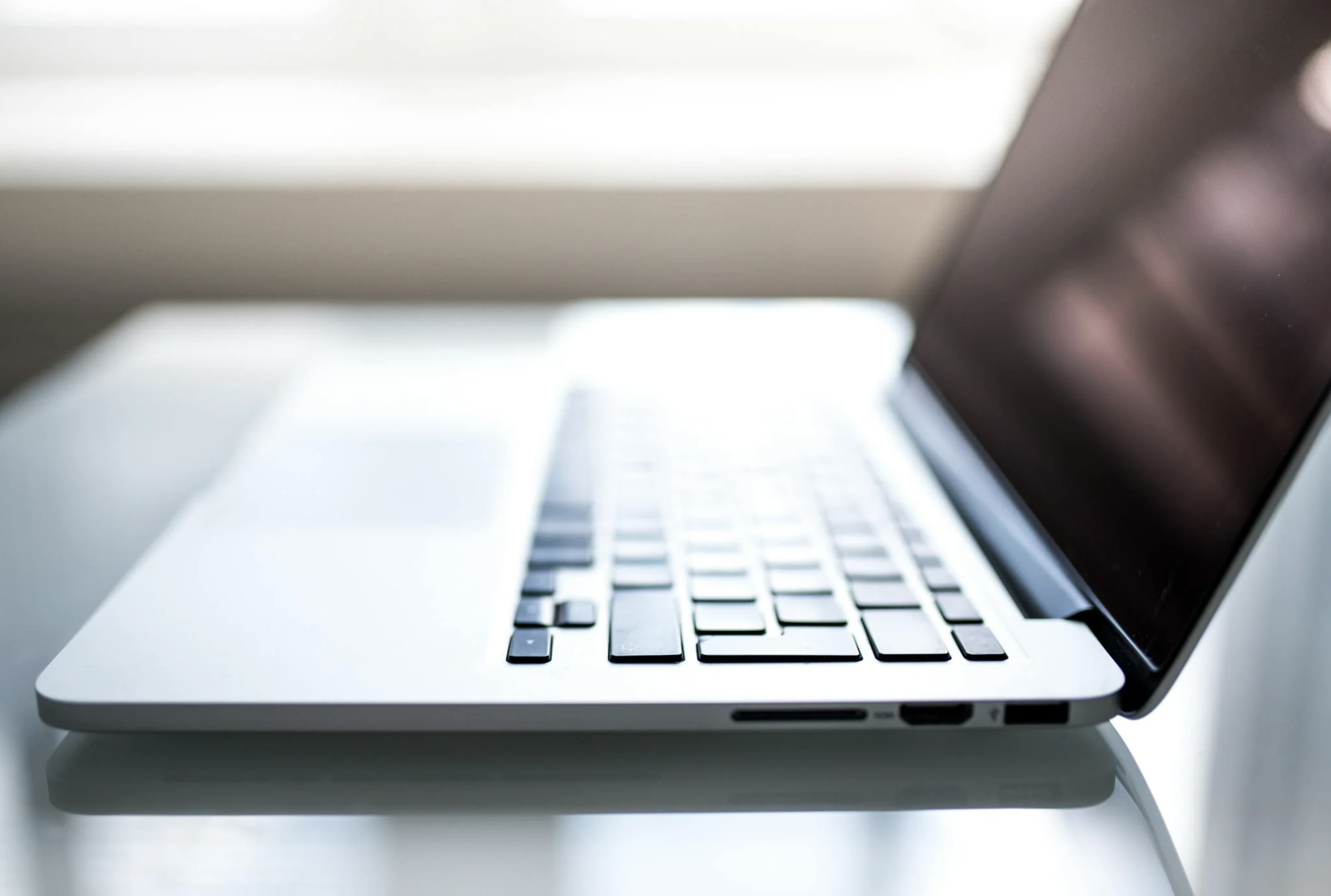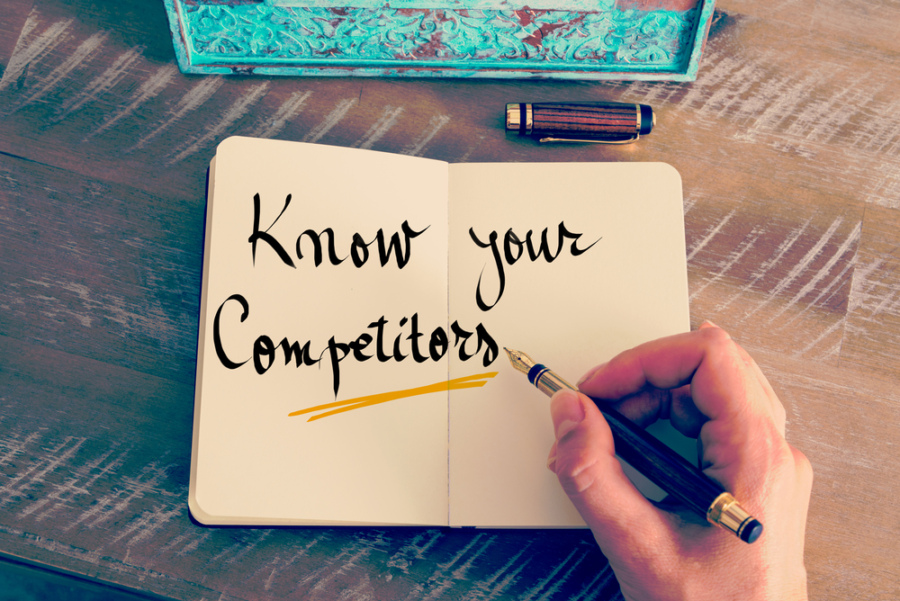Exam preparation starts on Day 1 of any course. Sorry, there is no other way of acing your exam.
Exams test many aspects of the work you do in your course; these include knowledge, understanding and your ability to apply your knowledge in new situations. Note that I use the word knowledge, rather than information. The difference is an important one.
Information
Information consists of a series of facts that you remember. We remember everything we see, hear and smell at some level in our brains. The problem is that this stuff goes in, but never comes out again. Pscychological therapists can help people to recall memories from their childhood that they never knew they had, evidence for the idea that we remember every single thing that happens to us.
Every thing we see goes into our memories, just like throwing beads into a bucket. The problem is that when you have 100 billion beads in that memory bucket, how do you find the one you need when you need it.
Knowledge
Knowledge involves the linking together of separate pieces of information. There is lots of jargon out there like “Making it yours”, but the jargon just confuses the issue.
Knowledge differes from information in that it is linked together. Your brain turns information into knowledge when you tie it into previous information. This can only happen if you understand the information that you are receiving.
Understanding requires concentration. Any student who concentrates in class will improve their understanding nad will do better as a result.
Knowledge is easier to retrieve from memory than information because it is all linked together; it is as though all those beads in the bucket have transformed into necklaces that are all tangled together.
70% of all exam preparation is done months before any exam as students build their knowledge and understanding of the subject.

Exam Preparation
Most courses have an exam at the end, even with the increasing tendency towards coursework in recent years.
Almost every student can be seen just minutes before the exam trying to cram in facts. The brain does not work like that. Staying up late the night before an exam to tr to learn facts or formulae will actually reduce your marks
Your brain needs time to assimilate any new knowledge. If you start throwing new facts at your memory they will confuse the pattern of knowledge that you have already developed because any new facts will not be joined in to the exising framework of knowledge.

How Should You Prepare for an Exam?
- You study during the course and make sure you understand everything
- You do past exam questions to make sure you know the style to expect
- You stop thinking about the subject 24 hours before your exam so that your brain is not cluttered with new, unassimilated information
- You take plenty of exercise in the run up to your exam and especially the day before
- You eat plenty of fruit and vegetables and have a breakfast on the day of your exam
- You make sure that you are hydrated
- You get enough sleep
That list should appeal to most students, except the first point. The first point is the most important one though and there is no way around it.
Featured images:
- License: Royalty Free or iStock source: http://office.microsoft.com/en-us/images/results.aspx?qu=exams&ex=2#ai:MP900439509|mt:2|
- License: Royalty Free or iStock source: http://office.microsoft.com/en-us/images/results.aspx?qu=exams&ex=2#ai:MP900399542|mt:2|>
- License: Royalty Free or iStock source: http://office.microsoft.com/en-us/images/results.aspx?qu=exams&ex=2#ai:MP900431095|mt:2>
Phil Turner taught for 29 years so he knows a bit about good exam preparation.





